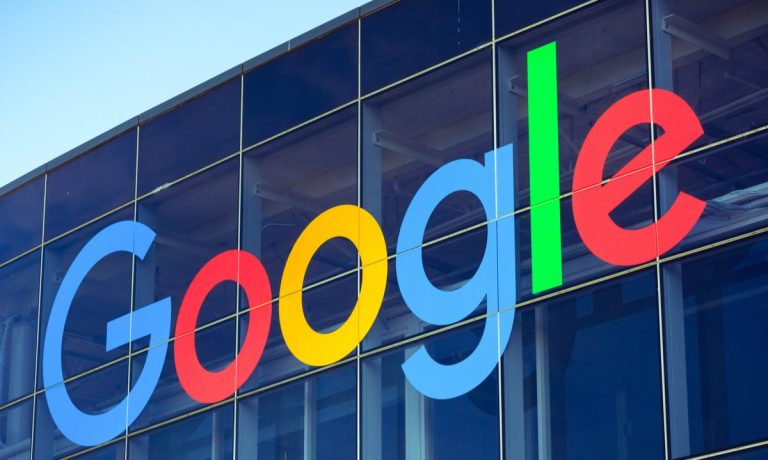Google Turns to AI Chat For ‘Personal and Human’ Searching

Google reportedly uses artificial intelligence (AI) for a wide-ranging search engine revamp.
These changes include incorporating conversations with AI into how the company presents search results and moving the tech giant from its traditional “10 blue links” format, The Wall Street Journal reported Saturday (May 6).
The report — citing company documents and sources familiar with the matter — says Google aims to make search more “visual, snackable, personal, and human,” emphasizing serving younger users.
Internal documents say Google wants to emphasize responding to search queries traditional web results can’t answer. That could mean prompting users to ask follow-ups or browse through things like TikTok videos in response to their questions.
While Google has already integrated online forum posts and video clips into search results, it plans to put more emphasis on these results in the future, the report said.
As PYMNTS wrote last month, while “Google revolutionized the way information could be organized, queried and accessed…industry observers believe Alphabet has admittedly lost round one of the generative AI battle to ChatGPT and OpenAI, while its search business continues to feel heat from competitors like Microsoft.”
CEO Sundar Pichai disagrees, telling investors during an earnings call in April that “advancements in AI are driving [Alphabet’s] opportunity,” and calling the potential of their far-ranging applications “incredible” for consumers, partners, and the company’s internal business operations.
Google has been leveraging AI applications across most of its product lines, including advertising and YouTube shorts, reflecting DeepMind’s increasing AI-driven collaboration with Google Services, Google Cloud.
“It is an exciting time, and we see an opportunity across the breadth of what we do at Google to improve experiences using AI,” Pichai told investors on Tuesday’s call.
Pichai has called AI and its implications across business and society “more profound than fire or electricity” in a CBS interview last month and had previously said the technology will “impact every product across every company.”
It’s because of that potential impact that the White House last week invited Pichai and other Big Tech CEOs for a meeting to — in the words of Vice President Kamala Harris — stress that “the private sector has an ethical, moral and legal responsibility to ensure the safety and security of their products.”
That meeting followed a White House announcement of new AI-related actions, including a $140 million investment in responsible AI research and development and a commitment by leading AI developers to take part in a public evaluation of generative AI systems.